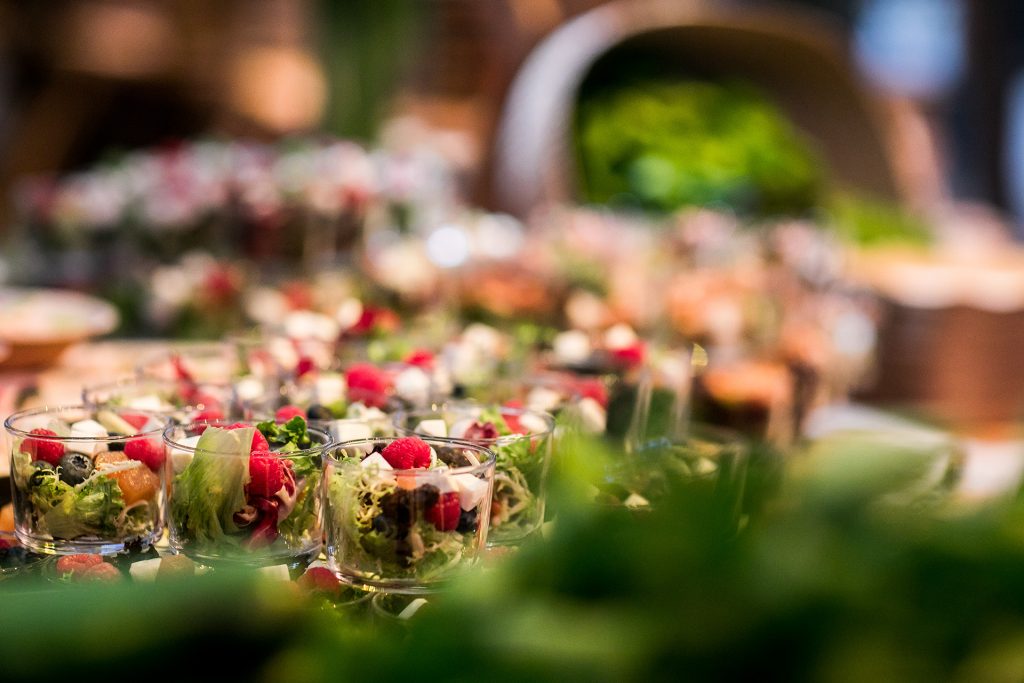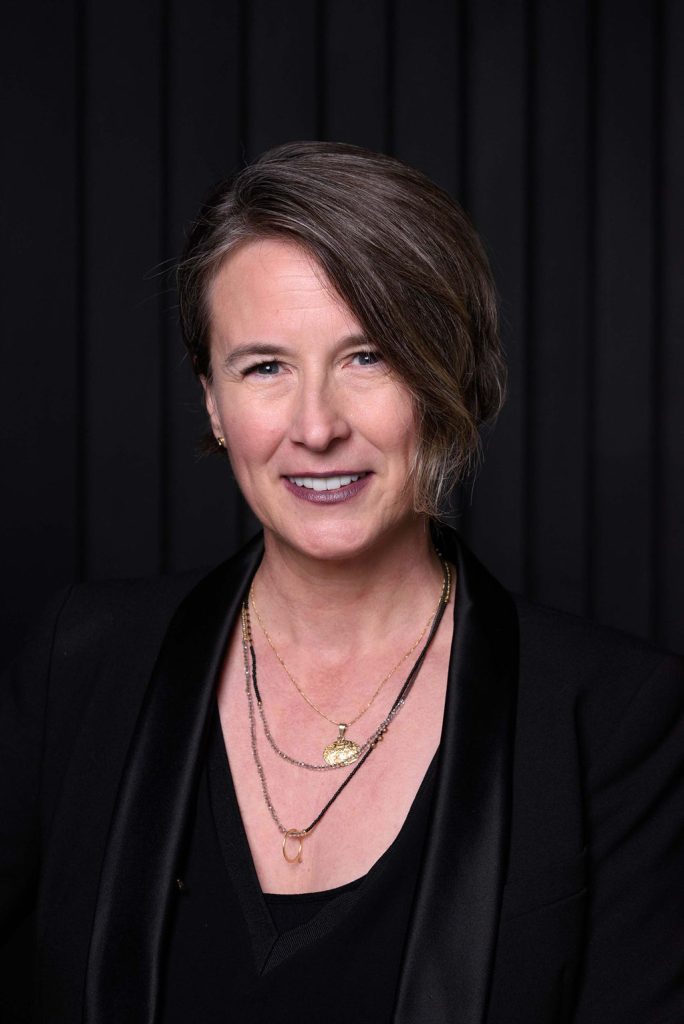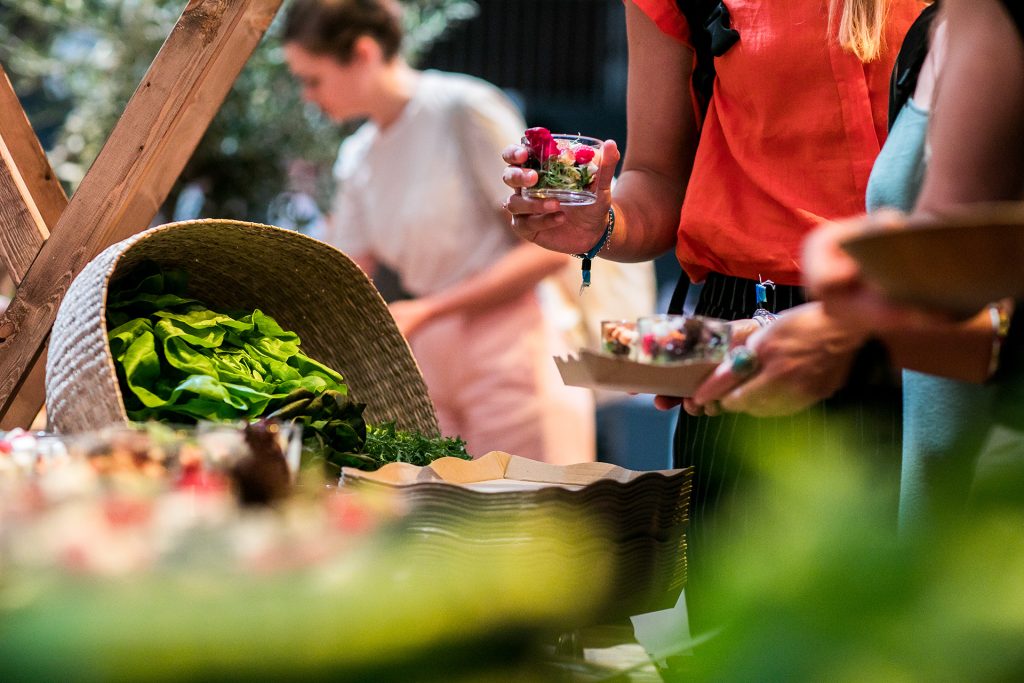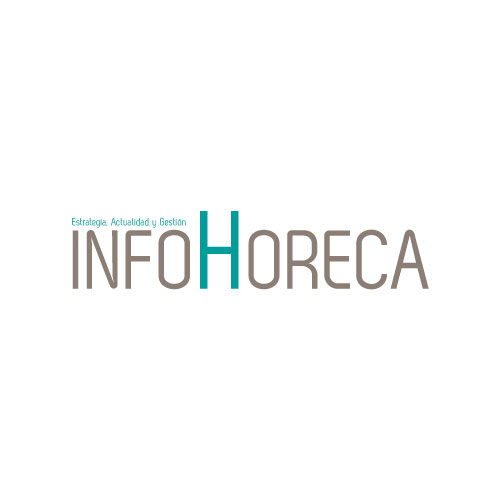News published on September 17, 2025
Gourmet Catering & Eventos fights food waste by combining flexible menus, blockchain, and donations to NGOs. In a context that presents significant challenges in this area, we spoke with their representative about how it is possible to deliver high quality while managing food responsibly.

The hospitality industry faces significant challenges in managing food waste, from menu planning to the traceability of surplus. According to Facyre, nearly half of food losses in restaurants are discarded, while only 29% is distributed for social purposes, generating economic losses and a significant environmental impact. In addition, current regulations require the implementation of prevention plans and encourage the donation of surplus, imposing financial penalties on those who fail to comply.
In this context, Gourmet Catering & Eventos has become a benchmark for sustainability and responsible management. Corinna Heilmann, Director of Business Development and International Relations at the company, states that “sustainability is the core of our business strategy,” and that every aspect of their operation, from menu planning to team training, is aimed at “fostering a culture of efficiency and resource optimization.”


The company has been a pioneer in Spain in managing food surpluses through blockchain technology, thanks to its partnership with Valencian foodtech Naria. Heilmann explains that this platform enables the donation of perfectly preserved food to social organizations and food banks with full traceability, transparency, and food safety. In 2024 alone, over 10,000 portions were donated in Valencia, avoiding 4,200 kg of waste and reducing 10,500 kg of CO2. During the first half of 2025, these figures reached 6,200 portions and approximately 6,500 kg of CO2 saved, with new recipient organizations incorporated in Murcia.
Moreover, Gourmet Catering & Eventos collaborates with local, artisanal, organic, and ethical suppliers, prioritizing seasonal and nearby products. This ensures freshness, traceability, and a lower carbon footprint while strengthening the local agri-food ecosystem. According to Heilmann, “client engagement is essential to move towards a truly sustainable model.”
When surplus cannot be donated, it is managed through sustainable valorization. Food residues are transformed via anaerobic digestion or industrial composting, producing green biogas or high-quality natural fertilizer, “offering an environmentally respectful solution aligned with an effective circular economy,” Heilmann explains.
Complete traceability is another fundamental pillar of the process. Naria’s blockchain technology allows each donation to be immutably recorded—from product identification to delivery logistics—ensuring the “measurement and verification of social and environmental impacts generated.”
Through this combination of technological innovation, team training, strategic partnerships, and environmental commitment, Gourmet Catering & Eventos demonstrates that “it is possible to offer high-quality catering while minimizing waste and promoting responsible food management,” providing practical solutions to the challenges facing today’s hospitality sector.



